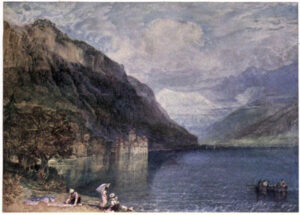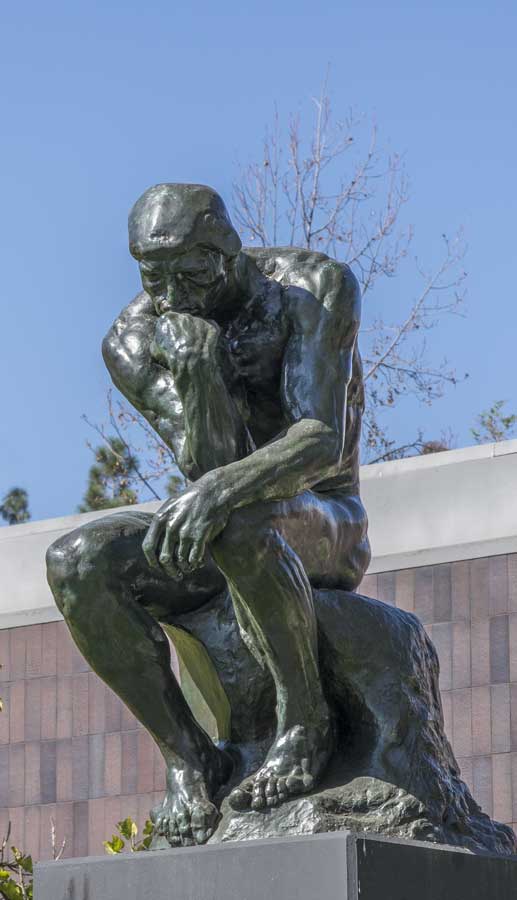
Recording from Mars Hill July 11, 1990
When you look at a garden, do you see the flowers or the fertilizer?
What do I mean when I say try not to focus on the fertilizer?
How do I know that God exists in spite of theodicy?
How do I know that the God of the Bible (both the Old and New Testaments) is the one true God?
The following is one answer that applies to people who spent time with Bob Passantino. We can confirm that he was a real person. I think he cared about us and wanted us to know the truth. He proved this by spending many hours listening to us and answering questions about Christianity. A man of his intellect could have spent his time in a profitable career, but he was more interested in winning souls for Christ than worldly gain. He was far from a parrot who merely repeated dogmatic arguments. He took an interest in what was on our minds and applied what he called, “the golden rule,” when responding to opposing views. He wanted to be sure he knew your argument and that if there was a better way to make your argument, he would help you fix it.
I do not pretend that this very brief summary of Bob fully describes him, that is not my objective here. I want to point out that the Bob we knew was transformed by the Gospel before we met him. When he was young, he rejected Christianity and harassed Christians. You might remember him telling the story of pouring a milkshake in the laps of Christians at Carl’s Junior. I will save the story of how he came to know Christ for another time. How do we account for Bob’s transformation? Was he deceived? Or did he come to know the truth?
I say he knew the truth and it transformed him. His transformation took time and I think we played a small role in the process. This is where the fertilizer metaphor comes in, it takes nutrients, water, and light to grow plants. A soul grows in a similar way and like the tree, we should reach up for the light rather than bury our leaves in the ground. For a time, Bob was like a gardener, he encouraged me to keep reaching up from the fertilizer and soil where I was planted. When Bob died, I was faced with the choice of focusing on the light he helped me see or the fertilizer of grief I felt at his passing. Let’s consider theodicy, God allowed a good person, Bob, to die. So how is it that a good and loving God allows death and the many other forms of suffering that we experience? It is not because God lacks the power to prevent suffering. It is because suffering is like fertilizer. Growing souls is a messy and often painful process, but apparently, it is necessary to produce a person who can see God as he is. There is another important aspect of theodicy, Adam and Eve were not alone in the garden. The serpent had a role in their actions. I dare say all parties involved in the original sin were exercising their free will so God was not to blame for the fall. But God took the blame anyway and set his plan of salvation in motion. It is clear from the text that God is not done working with mankind. He certainly has the power to start over and end suffering, but would he be able to do that without eliminating you, me, and the rest of humanity? So when theodicy is used by a person as an argument to prove God does not exist or if he does exist he doesn’t love us, isn’t the person also saying that they would have been better off never having existed? But that is not an argument consistent with our experience of men like Bob, or our own intuitive knowledge of our existence and desire to grow in our understanding of life. My conclusion, theodicy is not reason enough to reject the existence of God, because the person coming to that conclusion also rejects their own existence. I should also point out that the serpent does not reject God’s existence, he affirms God’s existence by his rebellion.
I know that the God revealed in the Old and New Testaments is the one true God because he is the only God who has consistently transformed men and women from their natural rebellious state and redeemed them to the state of Holiness that mankind once enjoyed before the fall. My evidence is the transformation of a natural man I knew, Bob, and his link back to people before him starting with Adam and Eve who all testified about God’s will for mankind. Jesus Christ’s resurrection is the culmination of God’s plan and demonstrates that God is willing to suffer on our behalf to bring about our salvation.
Visit Bob Passantino’s website at: answers.org




